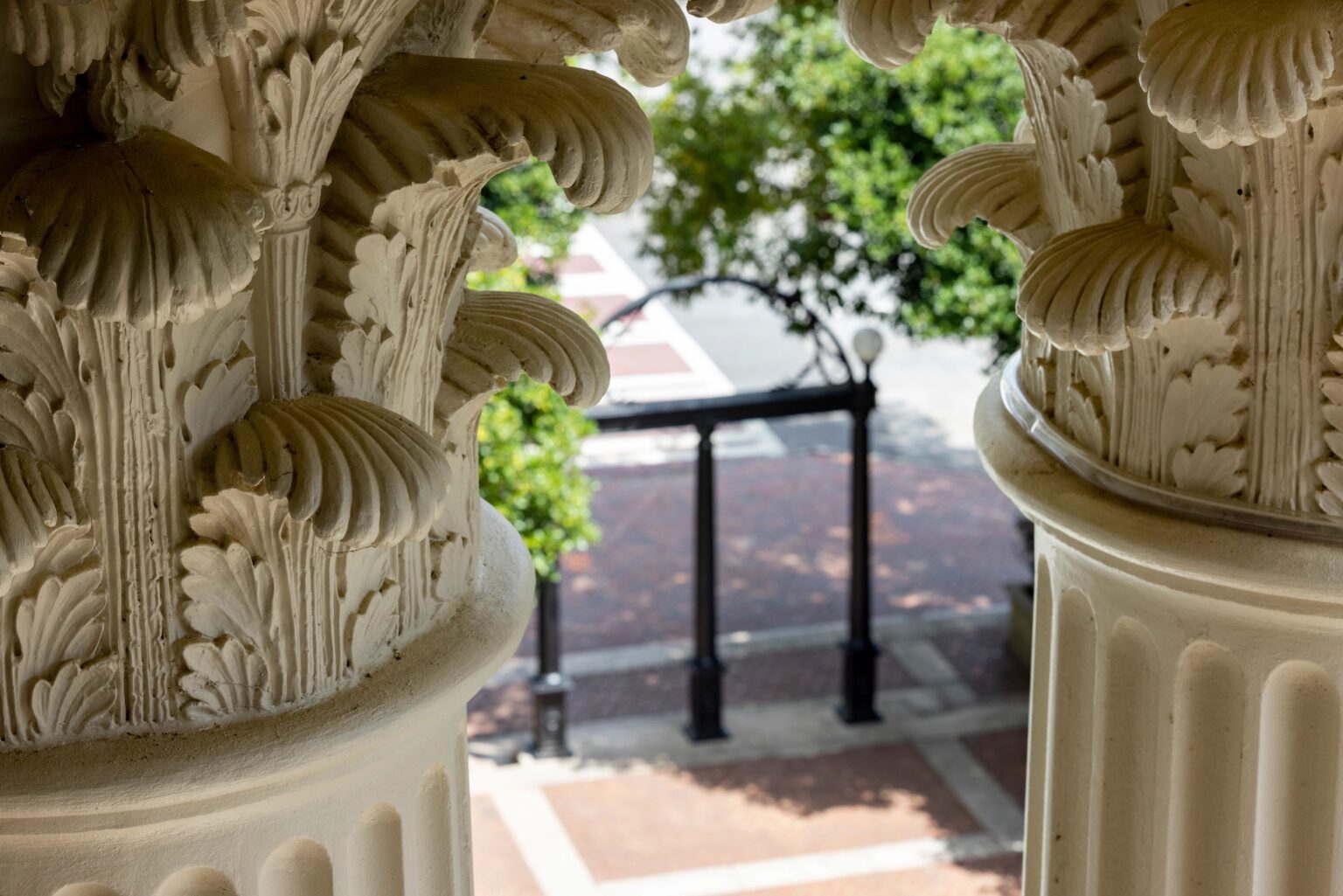"To gardeners, compost truly is 'Black Gold,'" said Wayne McLaurin, a UGA extension horticulturist. "And, it's free for the making."
Most gardeners use compost as a soil amendment and mulch.
"Compost improves the texture of clay and sandy soils, and improves the water- and nutrient-holding capacity of sandy soils," McLaurin said.
Adding compost to clay soils makes them easier to work and improves the internal drainage.
"Compost is also an ideal mulch material for flower beds, vegetable gardens and around shrubs," McLaurin said.
Mix compost mulch into garden soil now as a soil amendment.
Other benefits attributed to compost use include:
If you spread compost at the rate of 3 cubic yards per 1,000 square feet of surface area, you provide a 1-inch-deep layer for your garden's soil.
So as autumn leaves fall, and pine straw is strewn around your lawn, don't think of them as a nuisance. Think of them as potential black gold.
"These landscape by-products, along with grass clippings and other refuse, can be turned into useful compost," McLaurin said. "In many cases, compost serves the same function as peat moss, and it can reduce gardening costs."
Dry materials, such as leaves and pine needles, may be collected in fall and stacked and stored until needed. If you put kitchen scraps into the pile over the winter, add more brown material to enhance the decomposition process.
Start you compost pile now while there are plenty of leaves. By
next summer your "Black Gold" will be ready to use. For more on
composting, see your county extension agent or visit our web site
at






